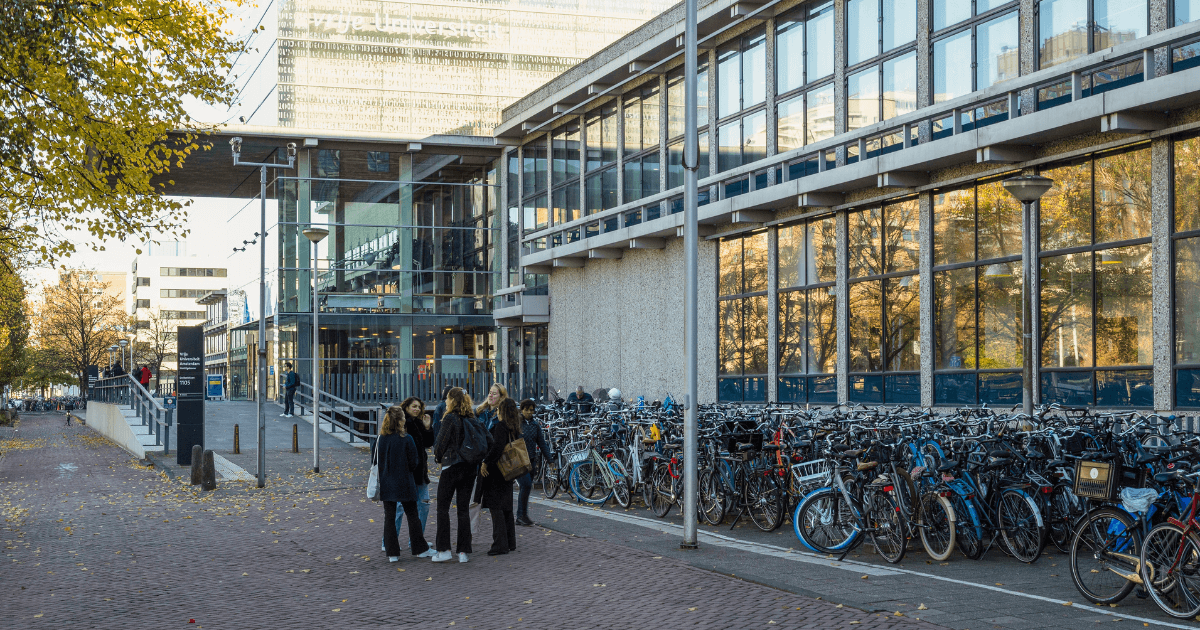
News
October 14, 2025
Limiting international students could cost Dutch economy billions, study shows
A study by SEO Economic Research has revealed that restricting the number of international students could cost the Dutch economy up to 4,8 billion euros.
Limiting the number of international students in the Netherlands could deliver a significant blow to the nation's economy, potentially costing billions of euros, according to a new study. SEO Economic Research, a respected independent research agency, has released findings indicating that a restrictive approach to international student enrollment could result in economic losses reaching as high as 4.8 billion euros.
The report highlights the considerable financial contribution that international students make to the Dutch economy. Beyond tuition fees, these students contribute through their spending on accommodation, food, transportation, and leisure activities. This spending supports various sectors, including retail, hospitality, and housing. The study suggests that reducing the influx of these students would directly impact these sectors, leading to decreased revenue and potential job losses.
Furthermore, the research emphasizes the long-term benefits that international students bring to the Netherlands. Many graduates choose to stay and work in the country after completing their studies, contributing their skills and expertise to the Dutch workforce. They often fill crucial roles in sectors facing skills shortages, boosting innovation and economic growth. Restricting international student numbers could therefore deprive the Netherlands of a valuable talent pool, hindering its competitiveness in the global market.
The study arrives amid ongoing debate in the Netherlands regarding the increasing number of international students and the pressure this puts on resources such as housing and university facilities. While concerns about capacity are valid, the SEO Economic Research report provides a stark reminder of the significant economic consequences that could arise from implementing overly restrictive policies. It suggests that policymakers need to carefully consider the economic impact of their decisions and explore alternative solutions that address capacity issues without jeopardizing the economic benefits that international students bring to the Netherlands. These solutions could include investing in additional infrastructure, promoting a more balanced distribution of international students across different institutions and regions, and exploring alternative funding models for higher education. The report underscores the importance of finding a balanced approach that ensures the sustainability of the Dutch education system while preserving its attractiveness to international talent.
The report highlights the considerable financial contribution that international students make to the Dutch economy. Beyond tuition fees, these students contribute through their spending on accommodation, food, transportation, and leisure activities. This spending supports various sectors, including retail, hospitality, and housing. The study suggests that reducing the influx of these students would directly impact these sectors, leading to decreased revenue and potential job losses.
Furthermore, the research emphasizes the long-term benefits that international students bring to the Netherlands. Many graduates choose to stay and work in the country after completing their studies, contributing their skills and expertise to the Dutch workforce. They often fill crucial roles in sectors facing skills shortages, boosting innovation and economic growth. Restricting international student numbers could therefore deprive the Netherlands of a valuable talent pool, hindering its competitiveness in the global market.
The study arrives amid ongoing debate in the Netherlands regarding the increasing number of international students and the pressure this puts on resources such as housing and university facilities. While concerns about capacity are valid, the SEO Economic Research report provides a stark reminder of the significant economic consequences that could arise from implementing overly restrictive policies. It suggests that policymakers need to carefully consider the economic impact of their decisions and explore alternative solutions that address capacity issues without jeopardizing the economic benefits that international students bring to the Netherlands. These solutions could include investing in additional infrastructure, promoting a more balanced distribution of international students across different institutions and regions, and exploring alternative funding models for higher education. The report underscores the importance of finding a balanced approach that ensures the sustainability of the Dutch education system while preserving its attractiveness to international talent.
Category:
Politics